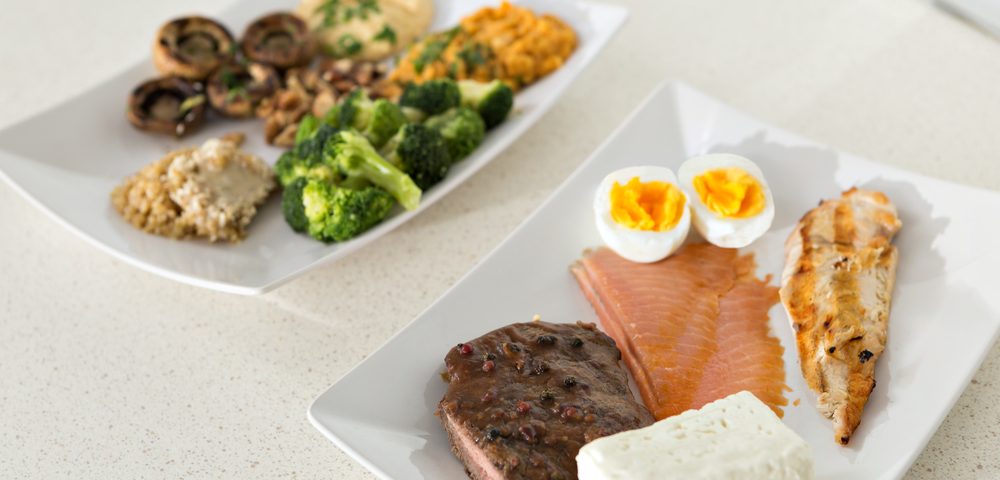A father’s diet may influence his daughter’s breast cancer risk, according to a new study in rats showing that the female offspring of male rats fed with high-fat diets before conception had a higher risk of developing breast cancer.
The study, “Paternal programming of breast cancer risk in daughters in a rat model: opposing effects of animal- and plant-based high-fat diets,” was published in Breast Cancer Research.
“Although in recent years, interest in the fathers’ role in their offspring’s health has grown, information concerning the influence of paternal factors on their daughters’ breast cancer risk is very limited,” study author Thomas Ong said in a press release. “In this study we have used a rat model to compare the impact of the consumption of high levels of animal or vegetable fat by fathers before conception on their daughters’ risk of breast cancer.”
Investigators fed male rats either an animal (lard or pig fat) or vegetable (corn oil) high-fat diet — where 60 percent of the energy used by the animals was derived from fat — or a control diet, where only 16 percent of the energy came from fat. The rats then mated with females fed a standard laboratory diet.
To understand how the father’s diet influenced the risk of breast cancer in female offspring, the offspring were fed a standard laboratory diet and then induced with mammary tumors at 50 days of age.
The researchers found that tumor cell death was reduced in female offspring of mice fed the high-fat diets, suggesting they were more prone to developing breast cancer than female offspring of mice fed with a control diet.
However, the animal high-fat diet had worse effects than the vegetable high-fat diet. Indeed, offspring of corn oil-fed male rats had lesser tumor growth and tumors took longer to appear than was found in offspring of male rats fed with a lard-based diet. These females also had lower tumor growth than the female offspring of the control diet-fed males.
“Because the consumption of high levels of fat is considered bad for health, the decreased breast cancer risk in the female offspring of fathers that consumed corn oil was surprising,” Ong said. “Lard contains high levels of saturated fat, whereas corn oil is rich in n-6 polyunsaturated fat. This suggests that the type of dietary fat consumed by fathers is an important factor influencing their daughters’ breast cancer risk.”
To understand how dietary habits could be driving these differences, researchers looked for changes in microRNA and protein expression both in the sperm from the male rats and mammary glands of their female offspring. They found that both the sperm and mammary glands had alterations in the expression of microRNAs and proteins involved in processes such as cell survival, cell death, and cell growth, but further research will be necessary to unravel how these changes affect the risk of breast cancer.
“If this is confirmed in human studies, potential breast cancer prevention strategies could be developed focusing on fathers’ diets during preconception,” Ong said.
Because mothers and fathers often share the same dietary habits, it is also important to understand how the mothers’ nutritional habits may contribute to their daughters’ breast cancer risks.

